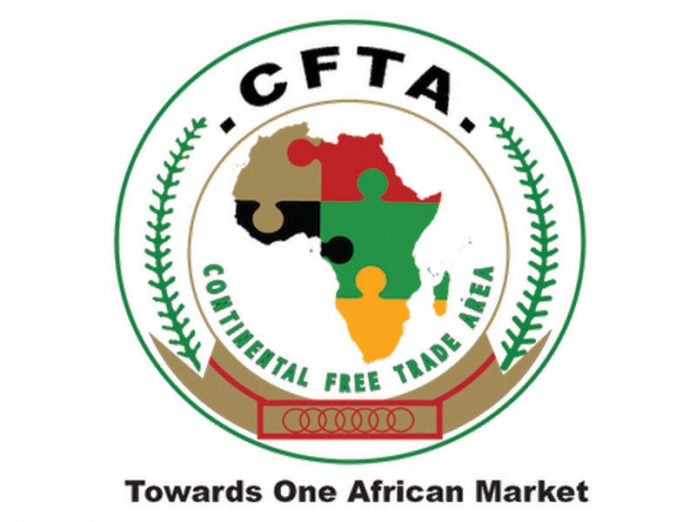Mrs Dabney Shall-Holma, Chairperson, Sealink Implementation Committee, says processing raw materials will add value to products and increase intra-African trade.
According to her, processing the raw materials into finished goods will also engage youths in the value chain and address the issue of youth restiveness and unemployment.
“The value and the volume of employment that you are creating for bringing in raw products is not more than 200 jobs.
“But if you process up to 50 per cent, you are creating about 25,000 jobs because everybody gets involved.
“It is a line, it is a value chain from one point to the other, there are people you are engaging.
“And there is no other way any nation can get rid of restiveness, lack of jobs or unemployment than creating a means of production, processing your products.”
Shall-Holma said that because of the Africa Continental Free Trade Agreement (AfCFTA), Africa had now become Sealink’s immediate concern and priority.
She said that before AfCFTA, Sealink was considering shipping African products to the US, India, Korea, Vietnam and China, as they seemed to be the major buyers of most minerals mined all over Africa.
She added that the company had actually received intents from so many off takers, who were willing to trade with companies abroad because they already had a relationship with other companies ready to take the goods.
However, with the advent of AfCFTA focus was now more on Africa, she said.
“We are saying look, can we add value to these products? If we are mining iron ore, can we do something about using any of the smelting companies or any of the steel complexes in Africa, so that we remove the iron ore from here?
“So the discussion has been rerouted. It is not that we are not going to deal internationally with others, no, we will, because you cannot put all your eggs in one basket.
“But most importantly, as a priority, we are saying, look, our African continent will be our market, we will sell to ourselves so that we can increase our intra-African trade volumes.
“We will also increase the fortunes that are going to be developed or grow, or be grown for African countries, because the moment you take a product to somewhere and they add value to it, then they are earning from the process of adding value.”
Sealink Project is a Public-Private Partnership (PPP) arrangement established to promote the development of a regional maritime company that would remove the bottlenecks and non-tariff measures along the ECOWAS trade corridor.
It was conceived based on the need of importers, exporters and shippers to create a value chain that would sustain the economy of Nigeria and develop additional networks to trade with other African countries.




